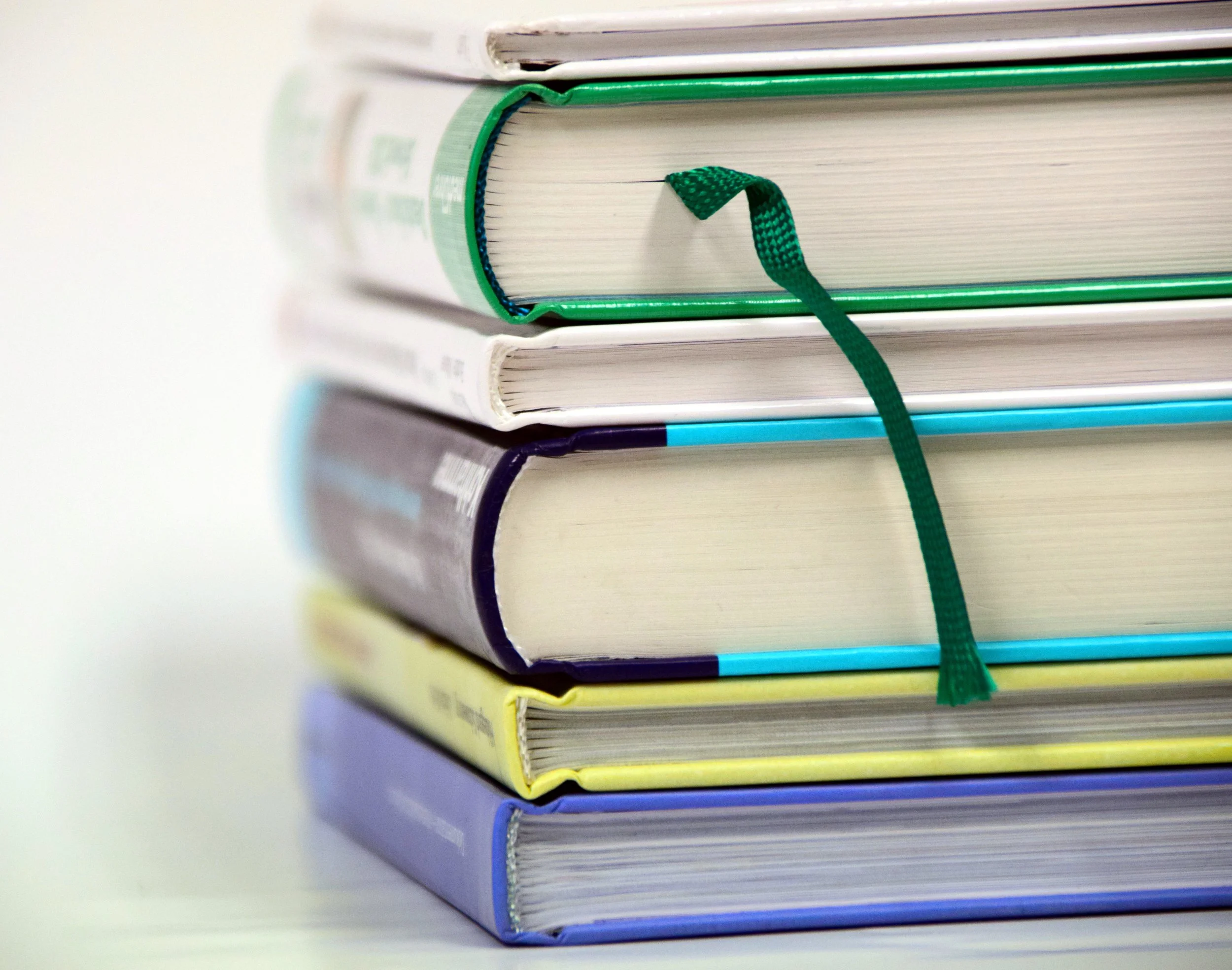TEACHING MATERIALS
Graduate Pedagogy
As Technology Mentor for ICaP Teaching Assistants (TAs), I design technology-based lessons for new Graduate TAs to introduce them to new technologies, skills, and pedagogical issues technology raises. Tech Mentoring is part pedagogy mentoring and part New/Digital Media instruction. New TAs meet twice a week for a mentoring class, one of which is devoted to technology mentoring (on average). All told, new graduate students teaching FYC for the first time at Purdue spend half of their classroom in the New TA Mentoring class time with me (and my co-Tech Mentor), and we make all the content for those meeting. An average Technology Mentoring session consists of some lecturing with ongoing discussion components, and some kind of application activity. The goal is to be interactive and encourage the graduate mentees to ask questions of us and learn new skills.
Working with other graduate students has shown me that, while the level of discourse is higher, solid pedagogy is still the most important thing. Mentoring and instructing the new TAs in technology skill and digital media theory has shown me the unique challenges and necessary attitude for working with graduate students.
The total number of workshops available on mentor.rhetorike.org is 29. While not all are 100% self-explanatory (they are designed to be presented to mentees by one or both Tech Mentors), there are a few I want to call attention to:
Communicating with Students and Teaching Online: This is a new workshop for Tech Mentoring developed wholly by me. It draws on my dissertation research and the basic needs I anticipate for new TAs in Purdue’s growing number of online FYC and PTC classes
Adobe InDesign and Research Posters: These workshops are commonly part of a sequence on visual rhetoric, document design, and research posters. InDesign instruction is something I do in most classes in some respect, and research posters are a great assignment for both new TAs and their students
Developing Accessible Teaching Materials: This workshop we revamped and updated last year. Accessibility is a baseline concern for any teacher, magnified by the migration of education online for more and more people. This workshop introduces accessibility and covers common tools for making materials accessible
Professional/Technical Communication
Professional and Technical Communication (PTC) is my passion because the core practices—planning, researching, documenting, and explaining—are how we recognize change in hindsight, meaning they are also how we make change (whether we realize it or not) in the present. I engage my students in these activities through practical tasks and also work with the theory and history of PTC through readings and discussion. I try to make all my classes future-oriented, both in that they build skills that students can adapt to serve them in the future, and so that they are thinking about the future they will help make out in the professional and technical world.
These sample documents from my PTC classes are all from online classes I’ve taught, but I have taught onsite, face-to-face versions of them extensively, as well.
TechComm Sample Syllabus
TechComm Sample Reading List
Professional Writing Sample Syllabus
Professional Writing Sample Reading List
TechComm Sample Assignment - Technical Description and Instructions Assignment: The genre and skills of these tasks are essential. To make it unique, I extend the potential subjects of description to places and people, meaning that students can do a site study or profile someone’s work and technical skills. This expands the project into a description of activity and gives me opportunity to emphasize the human role in these document no matter what the subject.
TechComm Sample Assignment - Group Usability Test and Report: For usability testing, I have students test technologies of the class. This makes the value of the assignment more real for all of us: they know the technologies reasonably well, they can gather empirical data on the faults and advantages of current or new apps, and their reports are actionable through me, as the course planner. Students enlist outside participants to test the apps and write their own tests. Group data-analysis and report writing are very important skills, to boot.
Professional Writing Sample Assignment - Professional Backgrounder: This project orients students to mediating responsibility to a professional Organization and to the public by having them research public needs in their area and propose a product or service to introduce to the area. In addition to being a good self-starting business skill, the project tunes their attention to identifying real problems going unsolved and researching how to bring solutions to them. International students, migrants, and members of different ability communities bring their perspective to bear in this project quite easily, too.
Professional Writing Sample Assignment - Group Media Kit: This assignment was developed for the Business Writing class by myself and a colleague, Brittany Biesiada, for the Fall 2015 semester. We’ve taught evolving versions of it since then and it’s become a popular final unit assignment for Business Writing instructors since then. The central challenge or PR (writing for the public that will be actively mediated by media outlets) dovetails nicely with the Professional Writer’s mission of being an advocacy conduit for professional organizations and the public; in PR, you are literally writing materials to serve as a conduit between your organization and the public, creating ethical obligations to both. The evolution of the media-and-public’s relationship since the assignments’ inception provides more rich opportunities for discussions about ethics and obligations.

